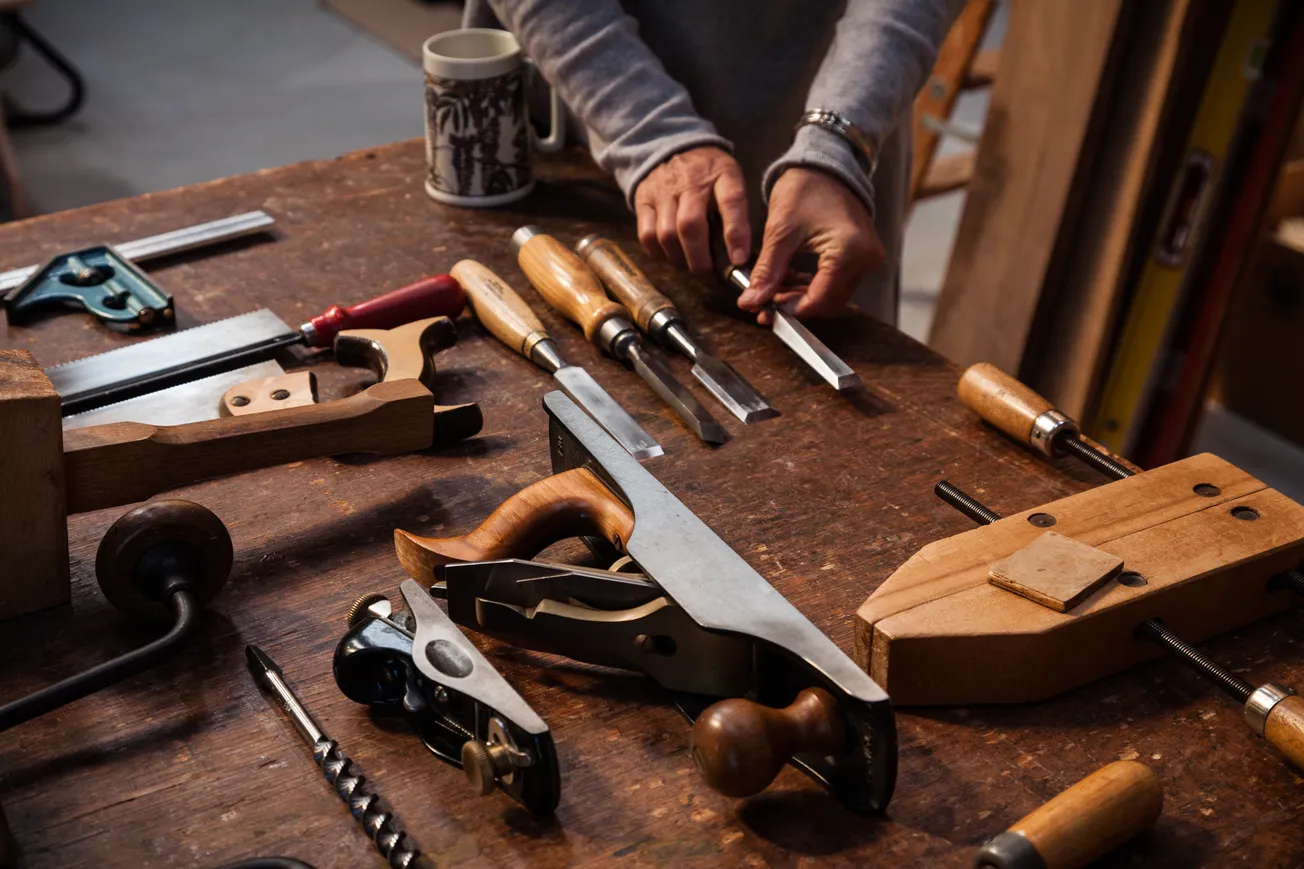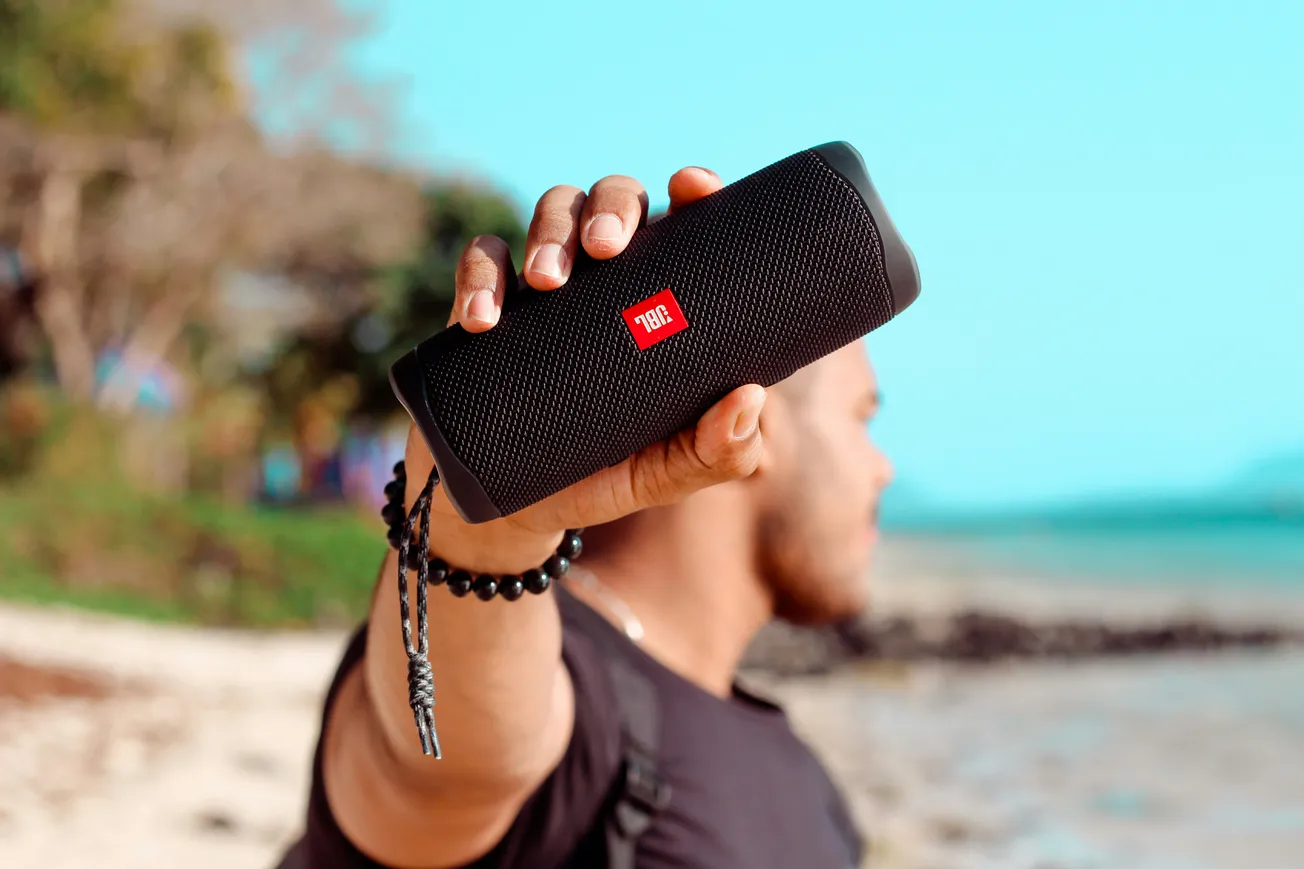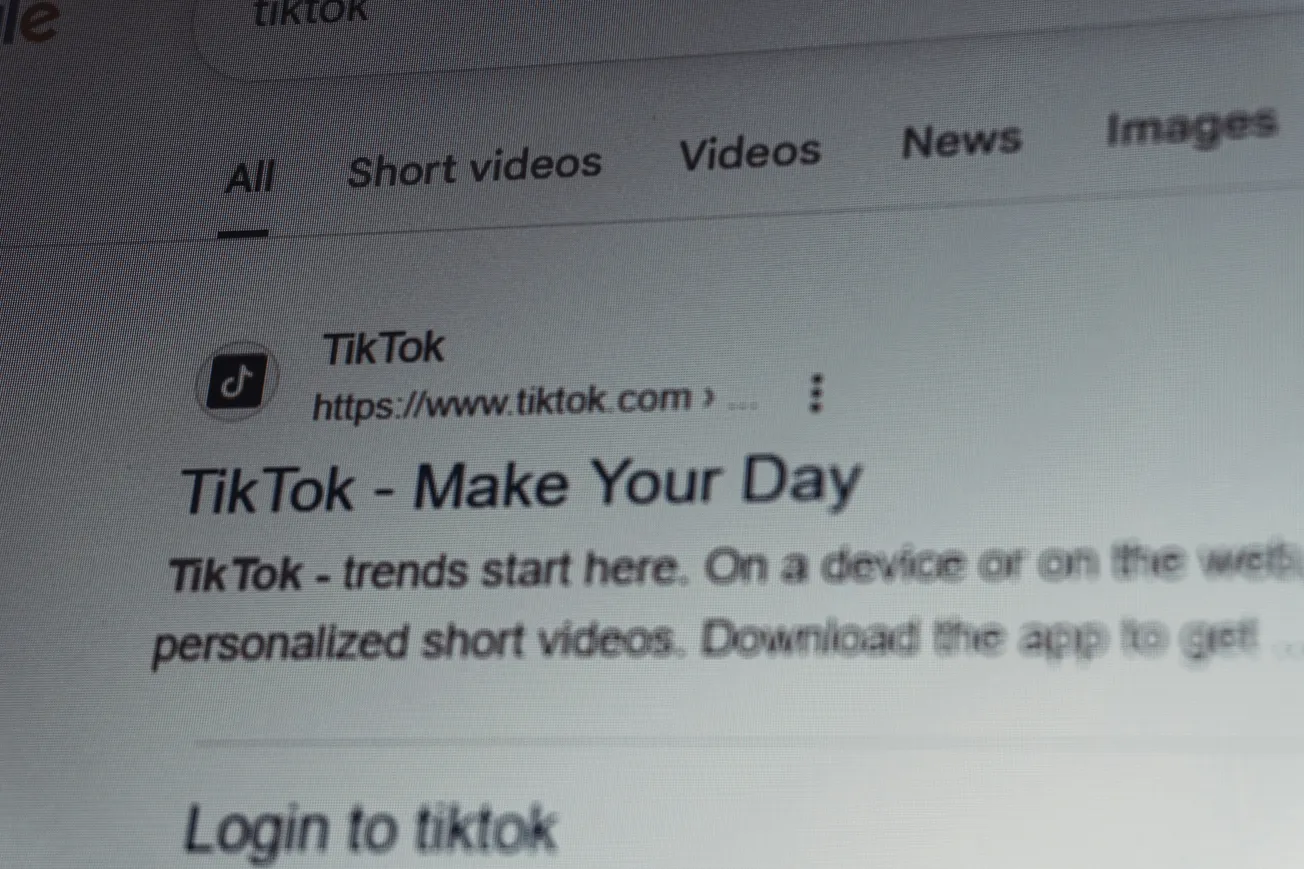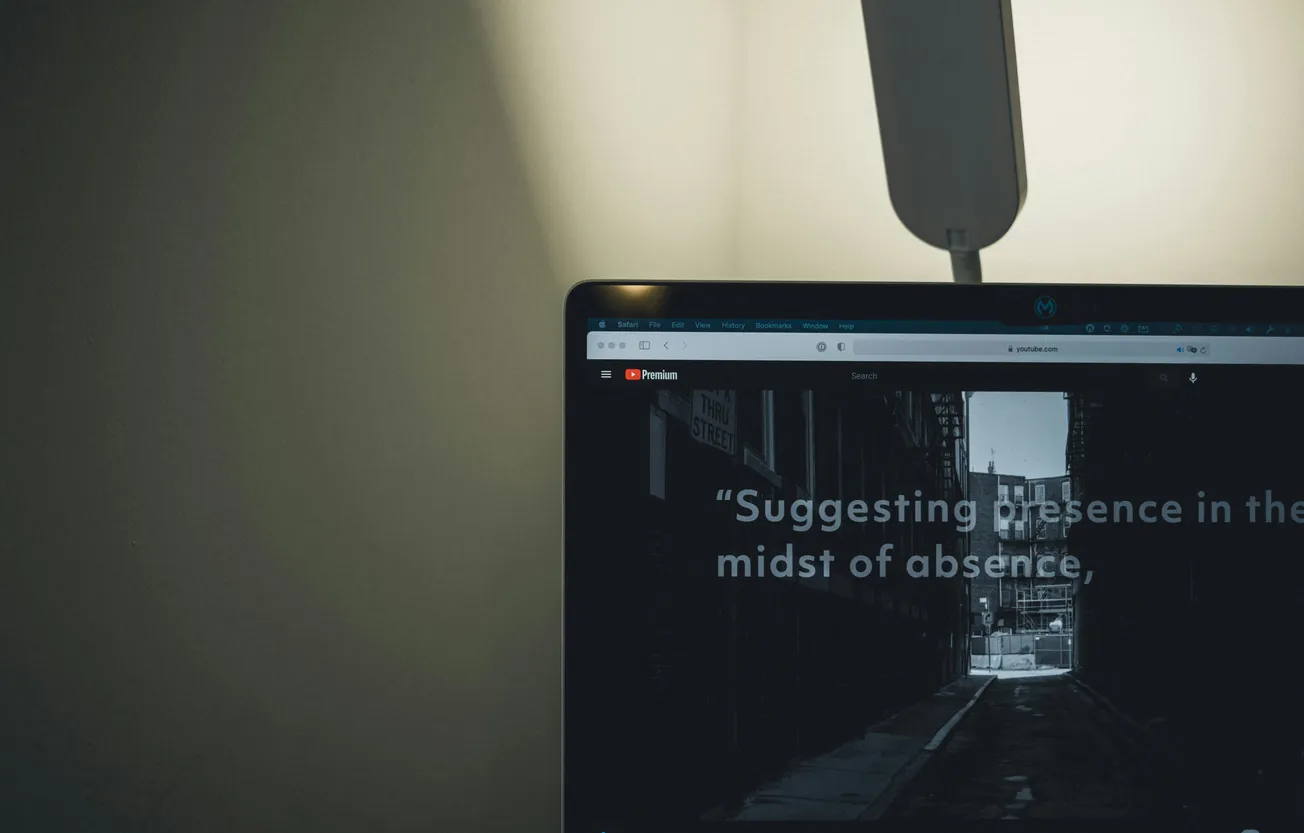When Craft Meets Commerce: Influencer Ethics in Woodworking
In his Substack essay “How the Influencer Business Works (in Woodworking),” Christopher Schwarz pulls back the curtain on a murky world where authentic passion and paid influence often collide. He exposes how some creators, motivated by commission or convenience, blur the lines between honest recommendation and undeclared advertisement.
Key Insights from Schwarz’s Reflections
Affiliate Marketing Has Spiked Alongside Disclosure Issues
Schwarz references Jim Hamilton from Stumpy Nubs, who’s noticed a surge in affiliate marketing—and with it, an increase in inadequate or missing disclosures.
Disclosure Timing Can Be Disconnected from Audience Awareness
Schwarz highlights the awkward moment when sponsorships are disclosed only for regular listeners andviewers.
“I say it at the beginning of every show, but they just started watching," he said. "Am I doing a disservice by not telling them this is a sponsored tool in the middle of an episode?”
This underscores the confusion that can arise when sponsorships are unevenly flagged to survivors versus newcomers.
Affiliate Deals Without Upfront Compensation
Spagnuolo described arrangements where he is not paid upfront but earns only when sales come through. Such deals can incentivize creators to prioritize product pushes over audience trust.
Lack of Transparency Can Be Intentional
Schwarz quoted woodworker Spagnuolo:
“One of them is technically illegal… you see something that’s an absolute obvious ad, and there’s no disclosure whatsoever.”
This reveals the troubling reality that some creators may deliberately avoid clear disclosure, banking on the ambiguity to promote products unchallenged.
Why This Matters for Creators and Audiences
Trust Is a Creator’s Currency
Ambiguous or absent disclosures can erode audience confidence, especially in niches like Schwarz's woodworking that rely heavily on perceived expertise.
Ethics Drive Longevity
While undisclosed marketing may offer short-term gain, creators risk long-term credibility and legal repercussions.
Creators Can Lead by Example
Workplace ethics like blunt transparency – "This segment is sponsored" or "I’ll earn a commission if you buy" – can elevate trust and set a better standard for others.
Broader Context
This isn’t a woodworking-only issue. A study of affiliate marketing disclosures across platforms like YouTube and Pinterest found that only ~10% of content contained any disclosure—and that vague wording often failed to help users recognize advertorial content. Clearly, there is a widespread misunderstanding or disregard around these norms.
While regulatory agencies like the FTC provide influencer guidelines, enforcement is inconsistent, leaving ethical responsibility largely in the hands of creators themselves.
Schwarz's no-nonsense critique reminds us that the influencer economy – whether it be woodworking, business or branding – is only as valuable as the trust between creator and audience. When compensation veers into exploitation, it bleeds authenticity. Creators who commit to clarity, even at the risk of short-term profit, will ultimately foster a more sustainable and respected path forward.







